Not for the first time, pictures of Peter ‘Apo’ Fregene in a truly pathetic state, looking like a 100-year-old man, unwell and dying, have inundated the information-superhighway.
Fregene is a former Nigerian International goalkeeper. He kept goal for a few clubs in Lagos and for the national team, the Green Eagles, from the mid-1960s to the early 1980s, the longest span by any player in the national football team in history. He was often likened to a ‘flying cat’ in goal.
The reality is that the new pictures circulating on social media are mild compared to his true state. His condition is worse than whatever the pictures depict. Peter can no longer talk or walk, or do anything by himself, including the simple act of using the bathroom.
Unfortunately, his case is not new.
I cannot recall exactly but we have been on his health situation for almost two decades.
The story is that many years ago, Peter collapsed in the bathroom of his flat in Warri after training one morning after taking his bath. He could not lift himself from the floor where he lay in a heap. Following his scream for help his wife helped him to his wobbly painful feet and took him to the hospital where they found out that he had suffered, from ‘nowhere’, some kind of permanent paralysis in his limbs. There was no immediate medical explanation for his condition. Since then, things have never been the same for him. He has been unable to work again and earn a living.
When Babatunde Raji Fashola was governor of Lagos State, as a former football player himself and a member of the Lagos State branch of the All-Stars International Football Club, a social national body for retired footballers that meet and play football every weekend in centres around the country, we took ‘Apo’s’ case to him, and the governor immediately intervened.
Peter was brought by Ambulance from Warri to Lagos and admitted to the best and most expensive private hospital in the city. He spent several months there conducting various tests and receiving some palliative treatment. A renowned Nigerian neurosurgeon based in the United States, who was visiting Nigeria on his usual annual work to conduct special surgeries examined Peter. He performed a surgery on Peter that partially relieved him of some pain and restored some movement in his limbs. Within months, with a lot of physiotherapy he actually got back on his feet and could take a few steps at a time.
When he was discharged from the hospital, he became a guest of the Lagos State government in Ikeja for several months.
When he was ready to return to his base in Warri/Sapele, Governor Fashola gave him the entire set of gymnasium equipment that had been assembled for him in the guest house to take with him to Warri to enable him to continue with the challenging physiotherapy regime he had to follow and maintain to hope to get even better. At this point he could move around with some physical support and also with a wheelchair.
The key to his rehabilitation, however, was in how he would sustain himself and his family on his return. Following discussions, I had with him and shared with the governor, he was supported with some finances to revive a small bakery business that he was running before his incapacitation.
Now, armed with tools to live the semblance of a good life, he returned to his base. Several individuals and friends continued to render occasional financial support to him. But these were few and far between.
With his disability, he found it impossible to personally supervise any business, and would also not trust any persons to help him revive the bakery business. With bills still mounting, before long, he depleted his small capital and at a point had to dispose his gym equipment in order to survive. He could not go back to anybody again for help, and gradually fell back into the pit from which he had climbed through Babatunde Fashola’s intervention.
Things deteriorated very quickly with time, and with finances dwindling with every passing day. It became harder for him to seek public support again. So, he suffered in silence for a long time until the recent pictures that were taken of him by a friend who posted it on social media for the world to see, drew attention to his plight again.
Needless to go into the details of his present condition. He is in really bad shape. Unfortunately, it is not about needing medications or undergoing a surgery to make him walk again. His health condition has gone past both. What Peter Fregene needs now is a means of livelihood and sustenance, how to earn some income with a little bit of comfort without depending on handouts from the public. He needs a little cushion of sustained support to ease his physical pain and take care of some basic daily needs in food, some medication and a shelter.
His wife has been an angel sent from heaven to take care of Peter. Through the years of his health crisis, till now, she has remained by his side. She has given up her own life to support and comfort him.
Amongst our colleagues and the football fraternity, there appears to be some frustration and a despondency, even though the Universe may have intervened, and some help may be coming.
Some weeks ago, officials of one of the giant telecommunication companies in Nigeria called me up to enquire about Peter and the nature of help he would need.
Since then, they have been to Sapele to see him, to make an evaluation of his condition, and to recommend to their boss the nature and size of help they can render.
I have since spoken to them again a few times and I hope that very shortly they will do what they can to alleviate the pain and suffering of this great Nigerian football hero desperately in need of a little love and comfort.
From Peter’s case, what is now clearer to me is that too many retired athletes, not only internationals, are suffering and more will still suffer after their careers in sports. This is as a result of not preparing adequately for a life after sports.
The talk about a welfare scheme with funds to take care of retired athletes has been mooted several times in the past, but nothing ever seems to be done thereafter. Athletes’ bodies must, therefore, rise up and put in place a scheme with the dual purpose of raising funds and managing the welfare of the retired amongst them in the twilight of their lives.
This is a clarion call on the Nigerian Olympians Association, NOA, the Professional Footballers Association of Nigeria, PFAN, and other such bodies of athletes to wake up and take responsibility.
The case of Peter Fregene, a truly ugly and pathetic one, is a reminder again of the vulnerability of retired athletes. He must not be abandoned now despite all that was done for him in the past.
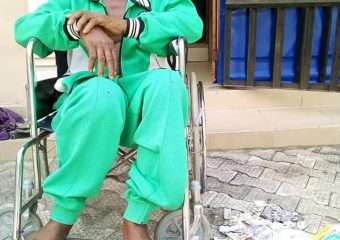
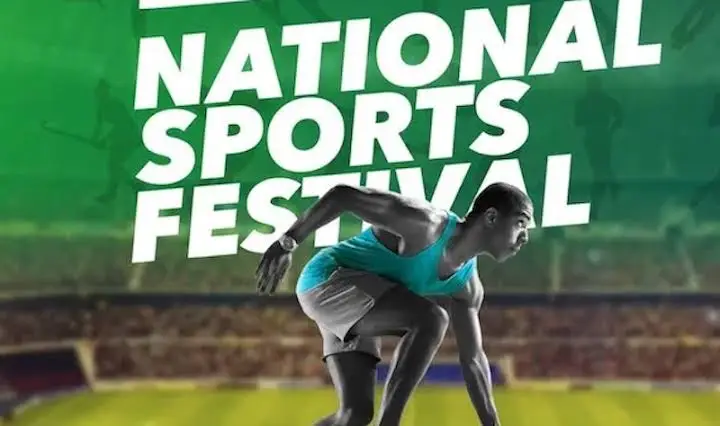
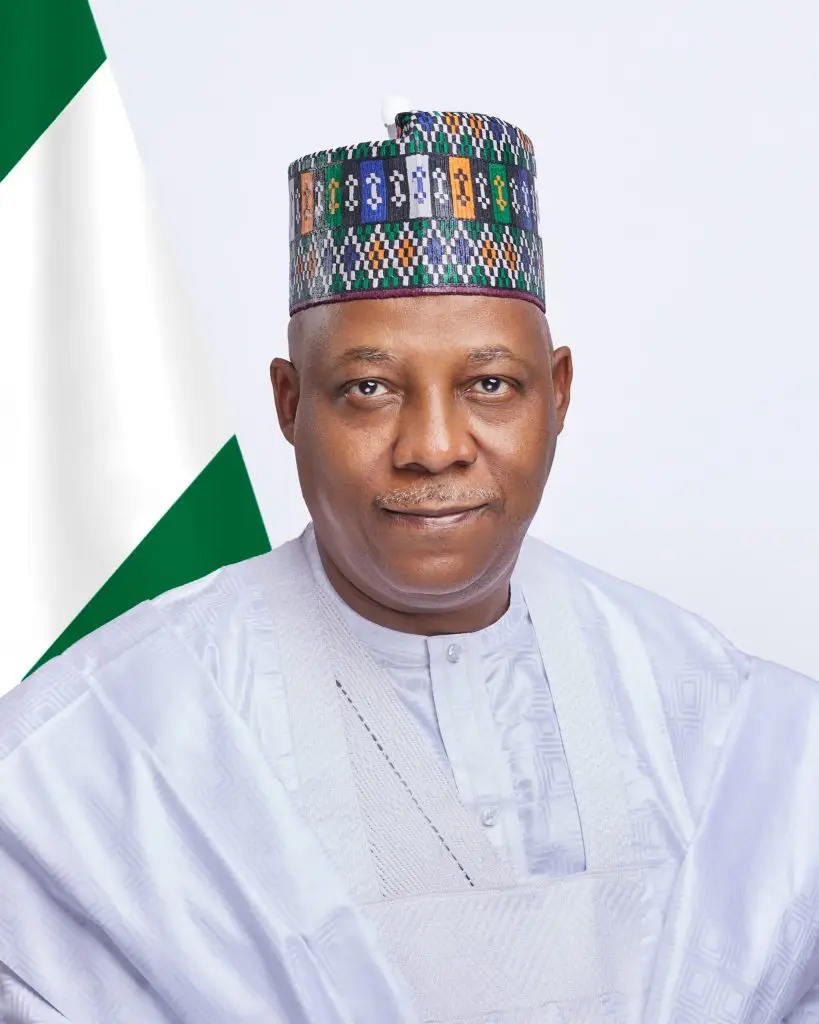
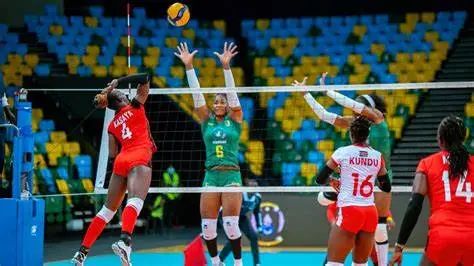
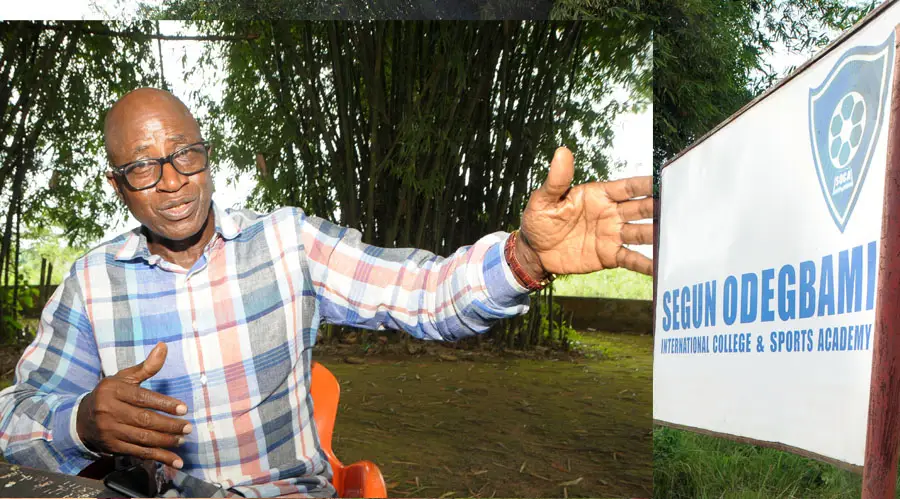




Big Seg,
Thank you for bringing awareness to the plights of Apo and other ailing sportmen over there. I have read about Fregene’s situation several times and still sad that the Federal Government could not help this man and others.
To quote John F Kennedy succintly, ” think about what you can do for your Country”
These men have done a lot for their country and now is the time for the Country to help them before they die. Posthumous awards are useless when the person died of hunger, want, shame. I have a fond memory of Fregene and I pray and hope that the Communication Company will rise to the occasion and help.
Segun Bolaji Lowo
San Francisco, California
U.S.A